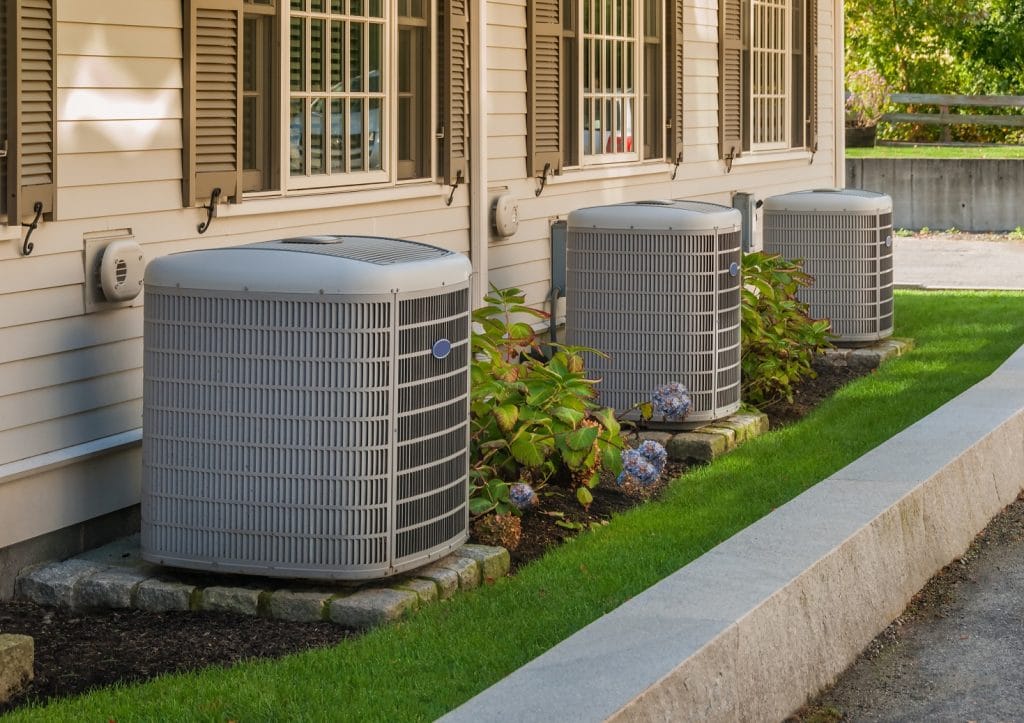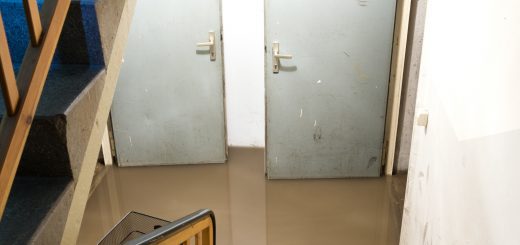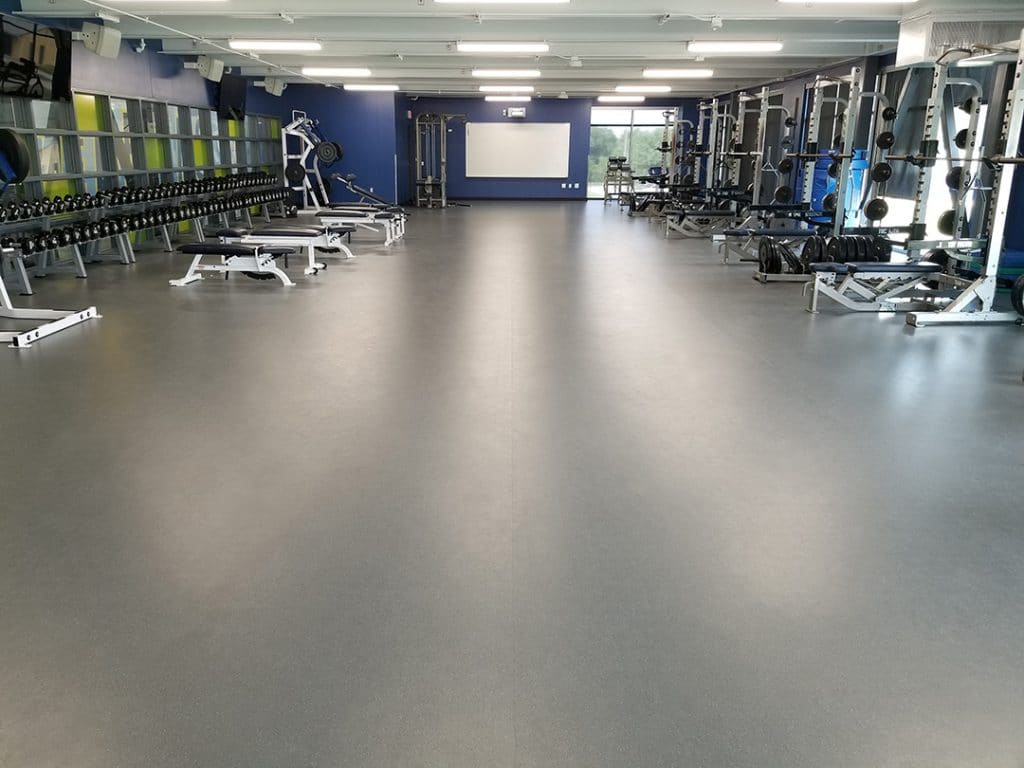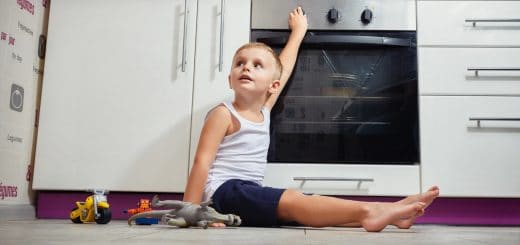How to Prepare a Home to be Vacant During the Summertime
As summer approaches, many homeowners may be planning extended vacations or trips away from home. If you are also planning to be away, it is important to prepare your home to be vacant beforehand to ensure the safety and security of your property. Vacant homes can attract burglars and make it easier for them to break in undetected, so taking necessary precautions is crucial. Additionally, preparing your home can prevent potential damage that can occur as a result of neglected maintenanceMaintenance is the routine care, inspection, and repair of a... More or weather-related incidents. It is advised to have someone trustworthy check on your home periodically to ensure everything is in order. Taking the necessary steps to prepare your home can give you peace of mind and protect one of your biggest investments.
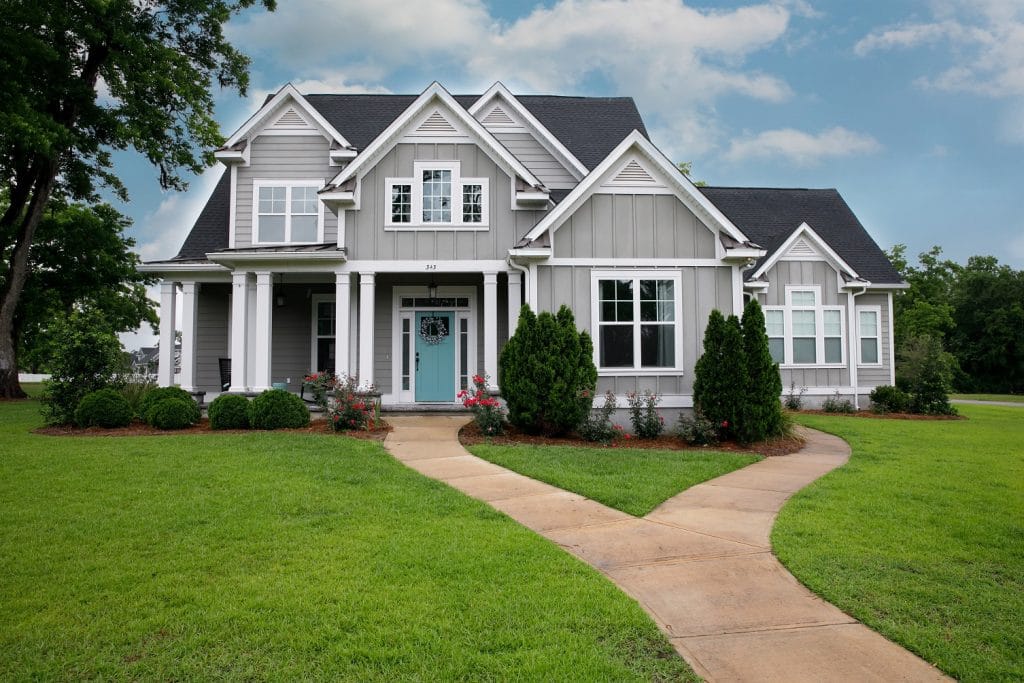
Secure the Property
When leaving a house vacant over the summer, it is crucial to take necessary precautions to ensure that the property remains safe and protected. Taking the following measures can help give you peace of mind that your home will be secure during your absence:
- Lock windows, doors, and gates: Before leaving, make sure all windows, doors, and gates are securely locked. This includes any secondary entrances like basement windows or patio doors. Double-check that everything is properly sealed to prevent unauthorized access while you’re away.
- Install and test a security system: Consider installing a security system if you don’t already have one. This can include burglar alarms, security cameras, or motion sensor lights. Test the system thoroughly before leaving to ensure it’s working correctly.
- Notify neighbors: Inform trusted neighbors about your plans to be away and provide them with your contact information. They can keep an eye out for any suspicious activities and notify you or the authorities if necessary.
- Consider a house sitter or property management company: Hiring a house sitter or enlisting a property management company can provide an added layer of security. House sitters can stay in your home while you’re away, making it less attractive to potential burglars. Property management companies can perform regular inspections and maintenanceMaintenance is the routine care, inspection, and repair of a... More tasks to ensure your home is in good condition.
Manage Utilities
When you’re preparing to leave your house for an extended period of time over the summer, it’s also important to properly prepare the home to prevent any potential damage or high energy bills. Be sure to turn off unnecessary appliances and electronics as this will not only save energy, but also reduce the risk of any malfunctions. Another effective way to save energy is by setting the thermostatA thermostat is a device that monitors and regulates tempera... More to a higher temperature, ensuring that the house stays cool, but not costing too much money on air conditioning. You should also consider turning off the water supply and draining pipes to prevent any potential water damage from occurring.
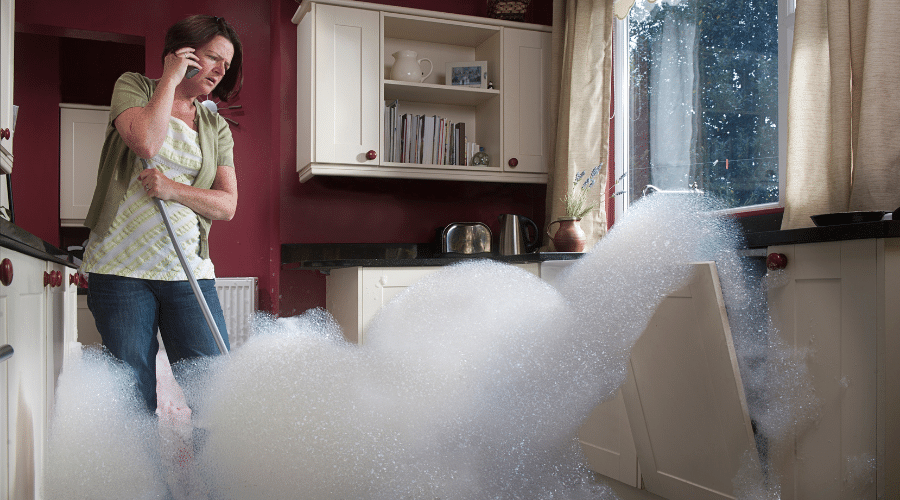
Clean and Declutter
When preparing your home to be vacant over the summer, it’s important to not only focus on security measures but also on maintaining a clean and pest-free environment. Before leaving, thoroughly clean your home. This includes dusting, vacuuming, mopping floors, cleaning appliances, and sanitizing bathrooms. Also dispose of any perishable food items in your refrigerator, pantry, or cabinets. Check for expiration dates and discard anything that could spoil and attract pests during your absence. Consider donating non-perishable items to a local food bank.
Pests are attracted to clutter and food sources, so be sure to remove any clutter from your home including stacks of papers, cardboard boxes, or piles of clothing. Additionally, store any open food containers or pet food in sealed, airtight containers to prevent pests from accessing them.
Prepare the Exterior
When preparing your home to be vacant over the summer, it’s important to not only focus on the interior but also the exterior of your property. Before leaving, trimTrim is the decorative or functional molding used to finish ... More any overgrown plants or trees around your yard. This helps maintain a neat appearance and prevents branches or foliage from blocking windows or entrances, which could potentially be a security concern. Clear out any debris, leaves, or twigs from your gutters and downspouts, as clogged gutters can leadLead is a heavy metal that can be toxic to humans, especiall... More to water damage and may attract pests. If possible, also store your outdoor furniture, cushions, and decorations inside a garage, shed, or storage area to protect them from weather damage and theft. If indoor storage is not feasible, consider covering them securely with tarps or waterproof covers.
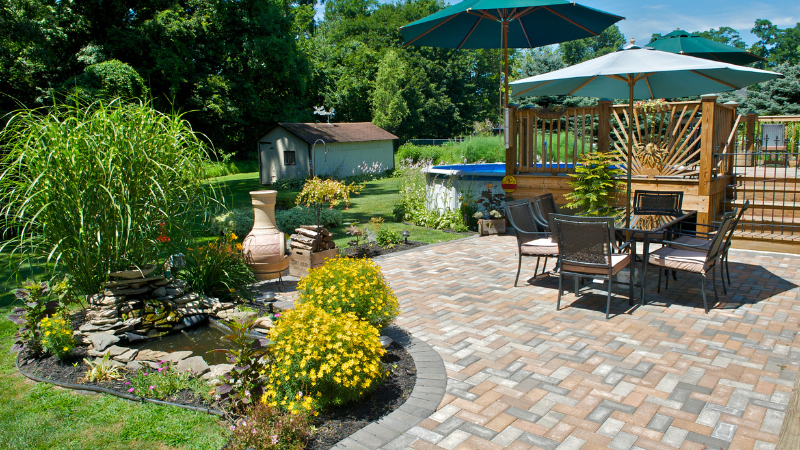
Other Considerations
Contact the post office to arrange for your mail to be forwarded to a different address while you’re away. Alternatively, you can request to have your mail held at the post office until you return. This prevents your mailbox from overflowing and signaling that the property is vacant.
Consider also informing the local police department that your home will be vacant during the summer. Some police departments offer vacation house check programs where officers can periodically check on your property for added security. They can also be aware of your absence and take appropriate action in case of any suspicious activities.
It’s also a good idea to let trusted neighbors know about your plans to be away and provide them with your contact information. They can keep an eye on your property, report any unusual activities, and reach out to you in case of emergencies. Building a strong relationship with your neighbors can help enhance the security and care of your home while you’re gone.
Related articles:
How to Prepare Your Home for Vacation
How to Prevent Water, Fire and Other Disasters While On Vacation
Air Conditioner Q&A
What temperature should I leave my house at when away in the summer?
One of the most common questions homeowners ask themselves when preparing for a vacation in the summer is what temperature they should leave their house at. While there’s no one-size-fits-all answer, professionals recommend a temperature range between 78°F and 82°F. Setting your thermostatA thermostat is a device that monitors and regulates tempera... More to this range can help maintain a balance between energy efficiency and comfort, as well as protect your furniture, electronics, and other belongings from extreme heat and humidityHumidity is the amount of moisture or water vapor present in... More. Additionally, if you have pets or plants that need to be taken care of while you’re away, it’s crucial to consider their specific temperature requirements. By keeping these factors in mind and adjusting your thermostatA thermostat is a device that monitors and regulates tempera... More accordingly, you can ensure that your home is comfortable and safe while you’re enjoying your summer vacation.
Should the air conditioner be left on in a vacant house?
When it comes to leaving the air conditioner on in a vacant house, there are some factors to consider. While it may seem like a waste of energy and resourcesResources include tools, personnel, equipment, and materials... More, there are reasons why it might be beneficial. Keeping the air conditioning running can help maintain a stable temperature and humidityHumidity is the amount of moisture or water vapor present in... More level, which can prevent damage to furniture, electronics, and other items in the house. Additionally, it can deter pests and mold growth, which can thrive in warm and humid environments. However, it’s important to strike a balance between energy efficiency and the long-term maintenanceMaintenance is the routine care, inspection, and repair of a... More of the house. If leaving the air conditioner on is not a viable option, there are other ways to protect the vacant property, such as sealing windows and doors and installing a dehumidifierA dehumidifier is a device that removes excess moisture from... More. Ultimately, the decision to leave the air conditioner on will depend on the specific circumstances and your preferences.
What temperature is too hot for a vacant house?
When it comes to determining the ideal temperature for a vacant house, it’s important to take a number of factors into account. While it can vary depending on the specific location and climate, generally speaking, a temperature of around 85-90 degrees Fahrenheit is considered too hot for a vacant house. This is because such high temperatures can not only impact the structural integrity of the property and cause damage to certain materials but can also leadLead is a heavy metal that can be toxic to humans, especiall... More to the growth of mold and other potential health hazards. To ensure the longevity and safety of your unoccupied home, it’s important to take steps to regulate the temperature and humidityHumidity is the amount of moisture or water vapor present in... More levels accordingly.
Does leaving the AC off cause mold?
MoldMold is a type of fungus that grows in damp or humid conditi... More is a common household problem that can cause a range of health issues, from allergies to respiratory problems. While mold growth is typically associated with high humidityHumidity is the amount of moisture or water vapor present in... More levels, many people wonder if leaving the air conditioning off can also contribute to moldMold is a type of fungus that grows in damp or humid conditi... More growth. The answer may surprise you. In fact, turning off the AC during hot and humid weather can actually increase the risk of moldMold is a type of fungus that grows in damp or humid conditi... More growth, especially in areas with poor ventilationVentilation is the process of exchanging or circulating air ... More. This is because high humidityHumidity is the amount of moisture or water vapor present in... More levels can encourage moldMold is a type of fungus that grows in damp or humid conditi... More sporesSpores are microscopic reproductive units of fungi or mold t... More to grow and spread. Therefore, it is important to maintain adequate air conditioning and ventilationVentilation is the process of exchanging or circulating air ... More for moldMold is a type of fungus that grows in damp or humid conditi... More preventionPrevention refers to actions taken to reduce the likelihood ... More.
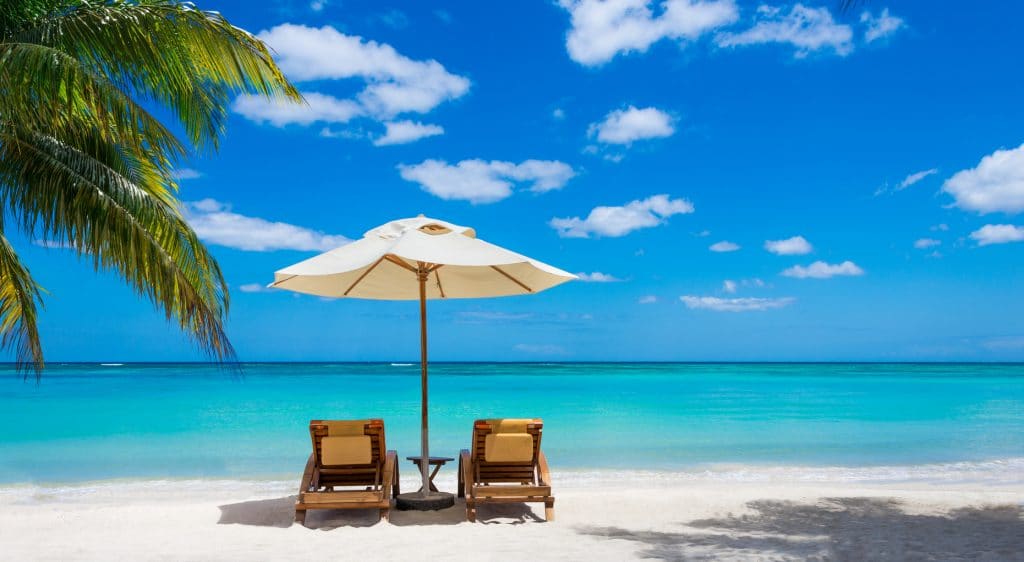
Preparing your home for a summer vacation is an important task that needs to be done carefully and thoughtfully. With the proper steps for preparationPreparation is the steps taken to ready a property, equipmen... More complete, you can enjoy a more stress-free vacation knowing your home is secure, clean, and pest-free. Water-related issues like broken pipes, leaking roofs, and overflow from appliances should all be addressed before leaving the house vacant, as moldMold is a type of fungus that grows in damp or humid conditi... More thrives when there’s standing water or moisture present. However, if there does happen to be water damage present when you return from your vacation, don’t hesitate to call restorationRestoration is the process of returning a property to its pr... More professionals who can perform flood cleanup and mold remediationMold remediation is the process of identifying, removing, an... More to help bring your home back into top condition.










